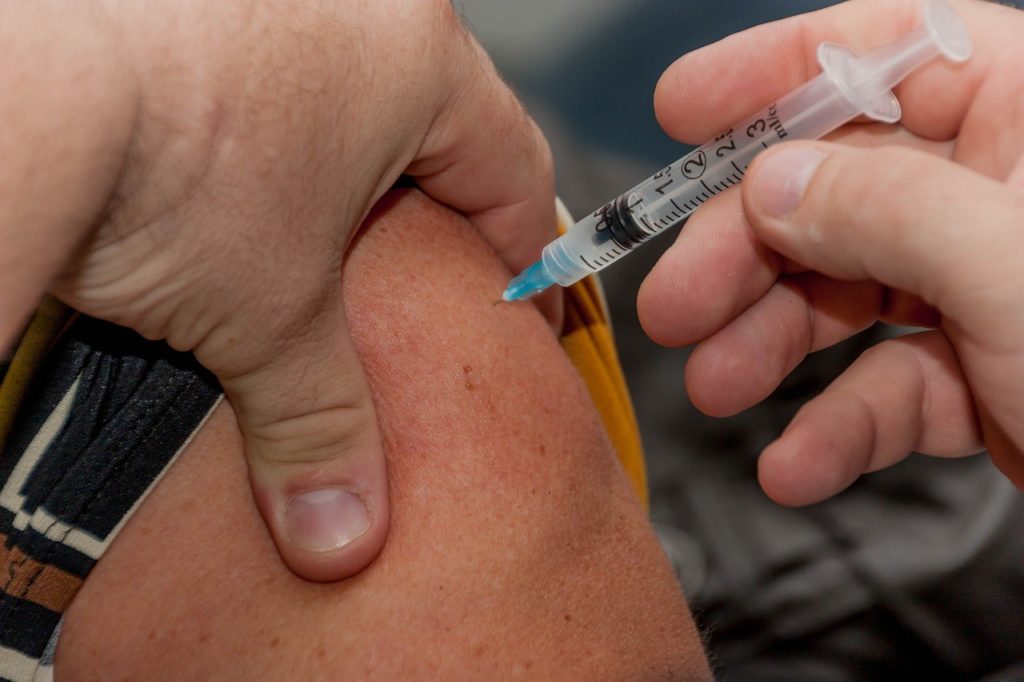CAMBRIDGE, MA – According to a November 6 report in the New England Journal of Medicine (NEJM), Takeda Pharmaceutical appears to be well on its way to producing an effective vaccine against one of the world’s top 10 threats to global health.There is currently no cure or preventative medication for dengue fever. In 2018 alone, nearly 100 million people in tropical and sub-tropical regions around the globe contracted the mosquito-borne virus.

The Centers for Disease Control (CDC) in Atlanta estimates that 40 percent of the world’s population (3 billion people) live in areas where they are exposed to the disease. The CDC statistics agree that 400 million people become infected with dengue, 100 million get sick and suffer from the fever, and about 22,000 die from “severe dengue.”
Palliative care is the only treatment for those suffering from dengue. Healthcare workers ensure that the patients stay hydrated, and they dispense painkillers to ease the intense pain emanating from inflammation in the patients’ joints.
All previous attempts at producing a dengue vaccine have failed. There are four varieties of dengue, so developing a preventative vaccine requires a combination of ingredients that are effective against all four types.
Takeda Pharmaceutical’s tetravalent vaccine is currently in the midst of part 1 of the third phase of randomized trials across nearly 40,000 participants. The NEJM has disclosed that the TAK-003 demonstrated an overall efficacy of 80.9 percent. The tests were administered at 26 different locations in seven countries when dengue is prevalent.
Derek Wallace, who leads the Takeda team developing the vaccine, was elated. “We’re thrilled with the results,” he said. “A vaccine efficacy of 80 percent has the potential to have a massive impact.”
The head of the CDC’s Dengue Branch, Stephen Waterman, observed that this good news could become a game-changer in preventing a disease that has been continually spreading across more extensive geographical areas. ”Anything above 50 percent” would have a significant impact.
An 80 percent impact would be remarkable.
The cloud behind the silver lining is that TAK-003 must still undergo several more years of trials before it can pass all the required regulatory approvals.
BBC News, however, noted that Takeda’s confidence is so high that it has opened a $110 million factory in Germany that will be used exclusively for the manufacture of the vaccine.
To read more news on Health Issues on Missions Box, go here.
To see a recent post on how dengue left a newborn baby orphaned, go here.
Sources:
- The New England Journal of Medicine, Efficacy of a Tetravalent Dengue Vaccine in Healthy Children and Adolescents
- BBC News, There’s A Promising New Vaccine For One Of The World’s Top Health Threats
- Takeda, Takeda’s Dengue Vaccine Candidate Demonstrates Protection in Children Ages Four to 16 Years, Regardless of Previous Dengue Exposure
- Centers for Disease Control, About Dengue
- World Health Organization, Dengue Fact Sheet




